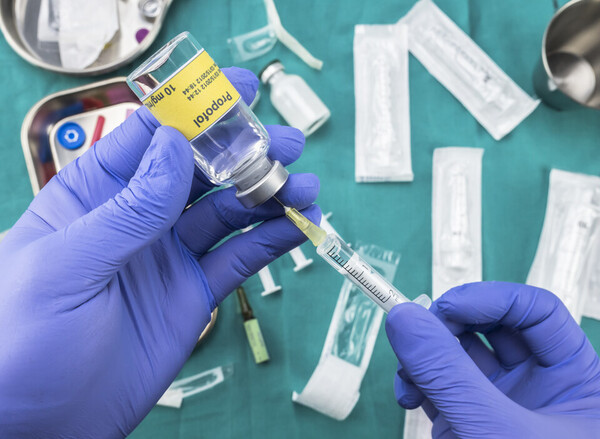Nearly 2.83 million psychotropic medications held by closed medical institutions over the past five years were found to be missing due to negligence in management and supervision.

Rep. Choi Bo-yoon of the ruling People Power Party (PPP) has analyzed the “Drug Management Status Data of Closed Medical Institutions” she received from the Ministry of Food and Drug Safety and found that 2,828,659 undisposed psychotropic drugs by closed medical institutions from 2019 to 2023.
By ingredient, diazepam, an anti-anxiety drug, accounted for the largest number at 1.83 million, followed by alprazolam at 160,000 and zolpidem at 100,000. In the case of painkillers, nearly 30,000 pills, including fentanyl and oxycodone, were found to be unaccounted for.
The poor management of psychotropic drugs at closed medical centers was also revealed by the Board of Audit and Inspection (BAI) last year.
In the BAI’s audit, 1.74 million stocks of psychotropic drugs were identified at 920 closed medical centers from 2019 to 2022. Of them, 1.31 million were cases where the number of drugs transferred or disposed of was not entered or the quantity purchased was overstated; 350,000 were referred to the investigation because their disposal could not be confirmed, and 80,000 were closed because of drug handlers’ death or small inventories.
In addition, 1.08 million new cases of psychotropic drug inventory were identified at 160 medical institutions that have closed down since the audit, of which 100,000 were confirmed as cases of under-inputting the quantity transferred or disposed of. The remaining 970,000 were referred to localities for investigation.
“It is urgent to establish an institutional device by, for instance, mandating the management of narcotics when a medical institution closes,” Rep. Choi said. “Local governments with the authority to manage and supervise medical institutions should take responsibility for the management of narcotics inventories of closed medical institutions in their jurisdiction and carry out thorough management and supervision from the stage of closure notification to the completion of narcotics disposal.”
Related articles
- Phentermine and other psychotropic drugs prescribed as ‘diet pills’
- Hospitals call mandatory drug-dosing verification act impractical, over-regulation
- Drug addiction claims increased 15.4% in 5 years
- Bukwang Pharmaceutical establishes new CNS Division ahead of new drug launch
- 87% of older adults in long-term care facilities take CNS medications, highlighting need for better drug control
- New bill seeks stricter oversight of psychotropic drugs after medical facility closures

